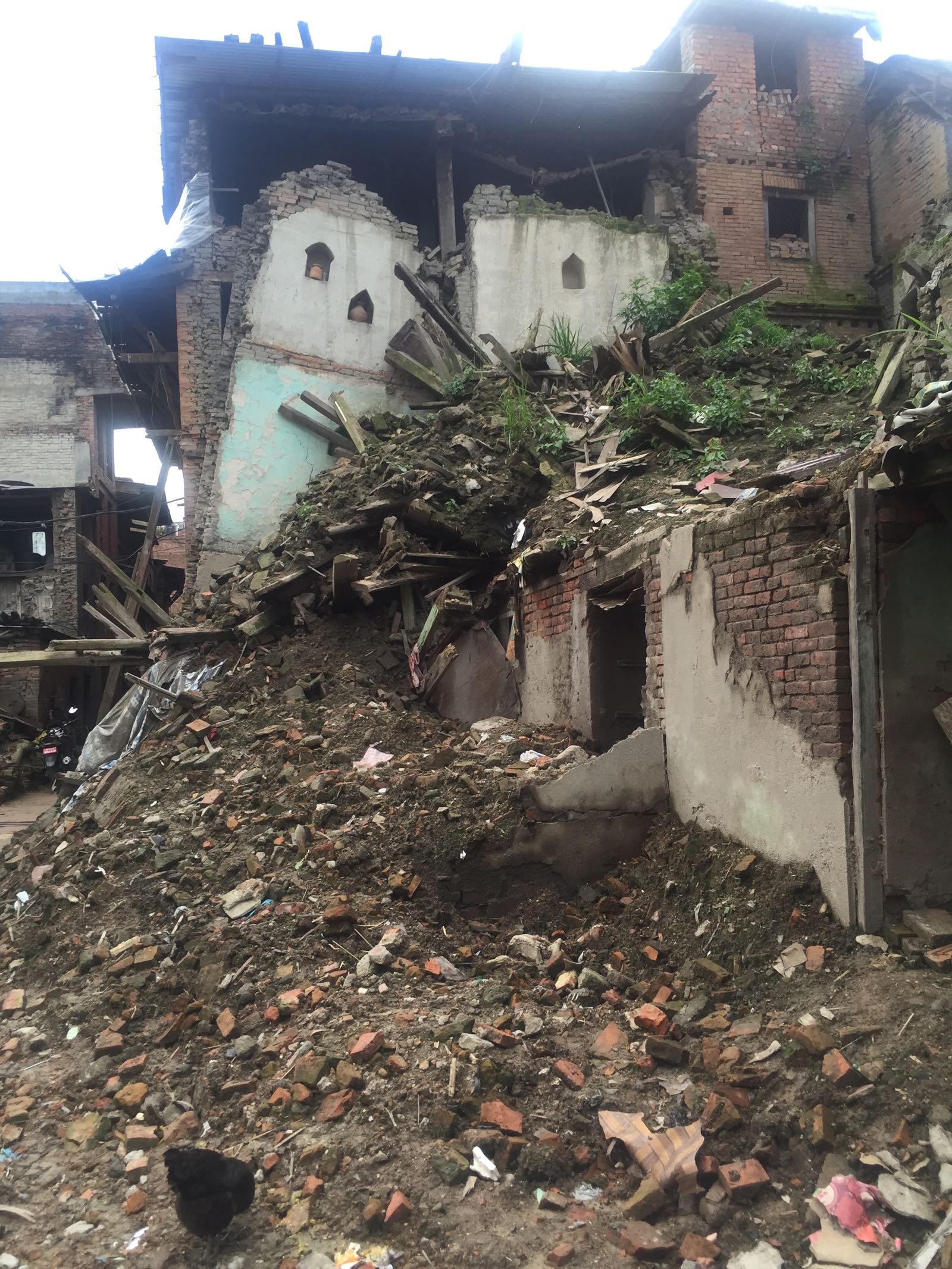We left DC one year ago tomorrow. Yet only made it to Nepal today.
It is still monsoon here, so the mountains are blanketed in clouds; trekking season won’t begin for a few more weeks.
But, having had tickets to Kathmandu twice in the last year, we simply couldn’t be this close and not step foot in the country. Coming to Nepal was also part of our desire to see how China transitions into India across the Tibetan plateau and over the Himalayas.
The result was a whirlwind - not quite 24 hours. And yet it provoked so many thoughts and emotions:
Protest: Nepal is in the final stretches of an eight-year negotiation of its constitution, provoking protests as minorities and regions vie for political power under the new federalist system. Yesterday a senior police official was killed by a crowd when protests turned violent. When we visited Pashupatinath, Kathmandu’s holy cremation site, we found a huge crowd gathered to pay respects at his funeral. Tomorrow, the entire city is expected to shut down (again) due to a politically motivated strike. This news felt strange after our time in Tibet and China. In Tibet, political protest seeths beneath the surface, but is tightly controlled. In China, political instincts seem like they are often submerged by the race for prosperity.
 A crowd begins to gather for the fallen police officer’s cremation.
A crowd begins to gather for the fallen police officer’s cremation.
Poverty and dysfunction: Even in Bhaktapur – an urban area connected to the nation’s capital, we witnessed an old woman drawing water from a well to wash her face. A well. The residents see tap water only a couple hours each day. Nepal is so poor, even compared to India, and certainly in comparison to China.
Relief, but not yet rebuilding: By sheer chance, we met the head of the International Red Cross’ Nepal delegation at the Lhasa Airport. He told us that four months after the devastating earthquake, all efforts are still focused on relief. Due to the confusion in land titles, new building regulations, donor coordination, and the like, rebuilding will not start in earnest until next spring. In the meantime, the country must endure not only the current monsoon, but a winter in the Himalayas – all of this knowing that this year’s quake was but a prelude, and the big one still awaits.
 Many buildings in Bhaktapur are still surrounded by piles of rubble.
Many buildings in Bhaktapur are still surrounded by piles of rubble.
Independence between two giants: As we walked a kora around the Boudhanath, one of the world’s largest stupas, surrounded by refugees in traditional Lhasa dress, we could have been anywhere in Tibet. Outside the Tibetan neighborhoods and tourist sites, Kathmandu strongly evokes India: the language, the food, the dress, the cremation sites along a holy river. Nepal’s independence seems remarkable in a neighborhood where border disputes are intense and common – especially in contrast with Tibet.